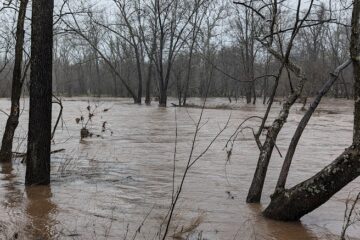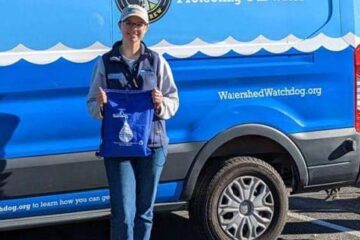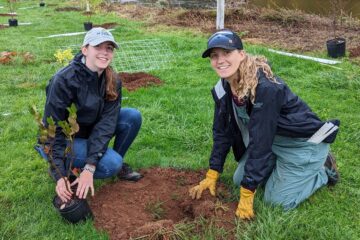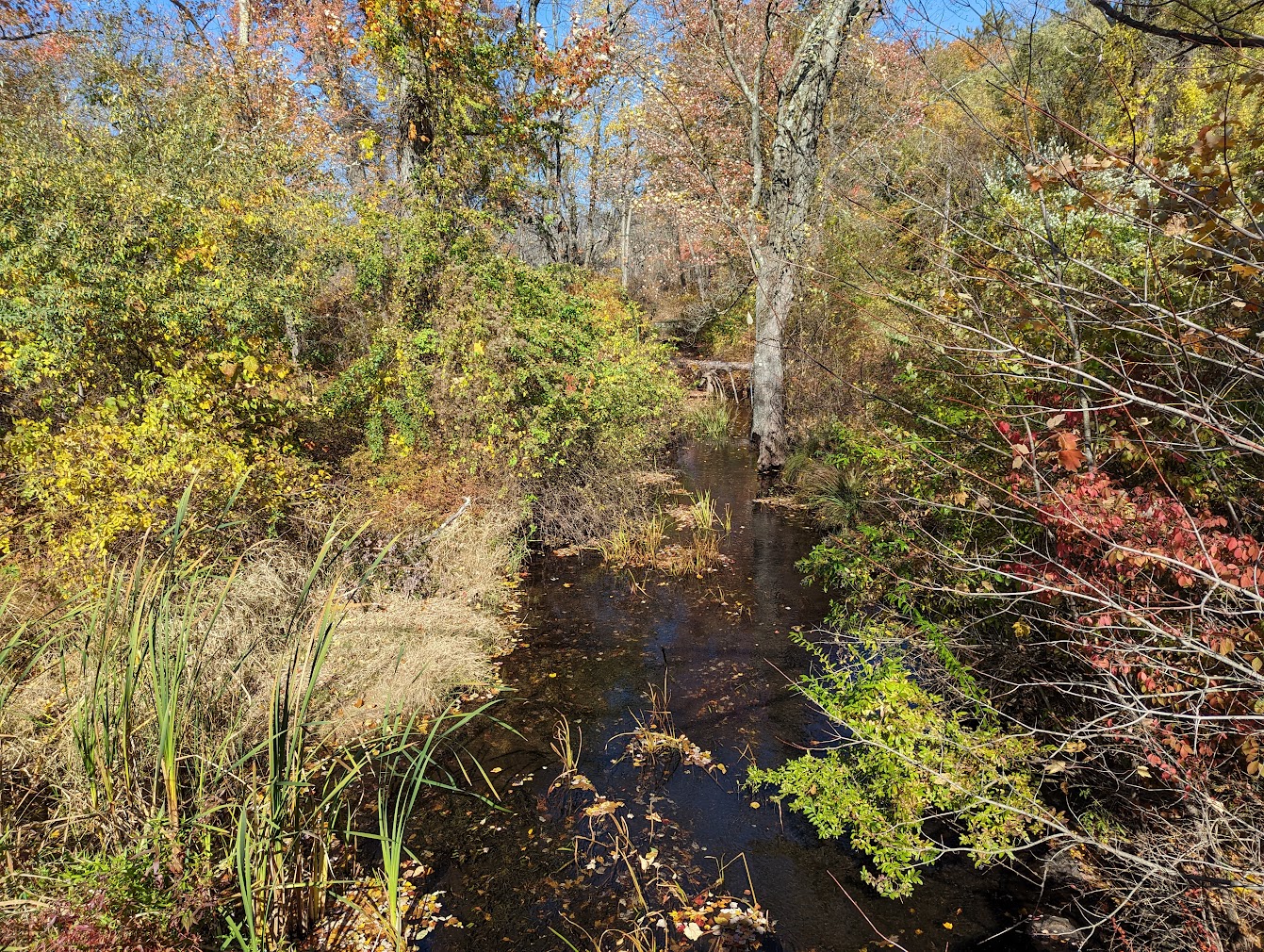
Headwaters of the Black River
Raritan Headwaters Association (RHA) is concerned about the long-term, complex cleanup process taking place at the former Hercules Kenvil Works property in Roxbury Township, NJ. Ongoing remediation of this heavily polluted site, contaminated after decades of explosives manufacturing, has the potential for adverse impacts on the Black River itself and on community health in the surrounding areas.
The Black River is a Category 1 waterway in the Upper Raritan River watershed and a major tributary of the North Branch Raritan River. The Raritan River system provides drinking water for more than 1.8 million New Jersey residents. The aquifers that flow under the Hercules site provide most of the local commercial drinking water as well as private well water in the Roxbury area and in Morris County.
As a leading nonprofit conservation organization in the region, RHA is taking multiple steps to protect community health and the precious water resources of the Raritan River watershed. We recently secured a state grant to aid us in seeking transparency and accountability during the Hercules cleanup project.
A Century of Industrial Pollution Requires Careful Remediation
A site of commercial explosives manufacturing since 1871, the 1,059-acre Hercules property has been privately owned by various companies for over 150 years. As the sole owner between 1912 and 1996, Hercules manufactured propellants and explosives such as TNT, nitroglycerin, smokeless powder, ammonium nitrate fuel oil, and more (e.g., PETN, RDX), as well as other specialty products for both military and commercial applications. Over this 84-year period, area groundwater, soil, and surface water became severely polluted with a wide variety of toxins due to archaic manufacturing processes, pre-regulated discharges of waste material into wetlands and tributaries, open burning of toxic chemicals, and site explosions and construction activities. The leaching of contaminants into the surrounding soil and groundwater from improperly managed landfills at the property is another concern.
Since this large industrial site became inactive in 1996, forests, shrublands, meadows, and wetland habitats have regenerated over the property and are host to a variety of fish and wildlife species, including some that are rare or endangered in the state. However, site remediation efforts now underway by Hercules and Ashland Chemical are removing vegetation overgrowth to expose and excavate the contaminated soil. The soil disturbance resulting from this method increases the risk of toxic contaminants being released into nearby private wells and into surface water on the property itself, which flows into the Black River.
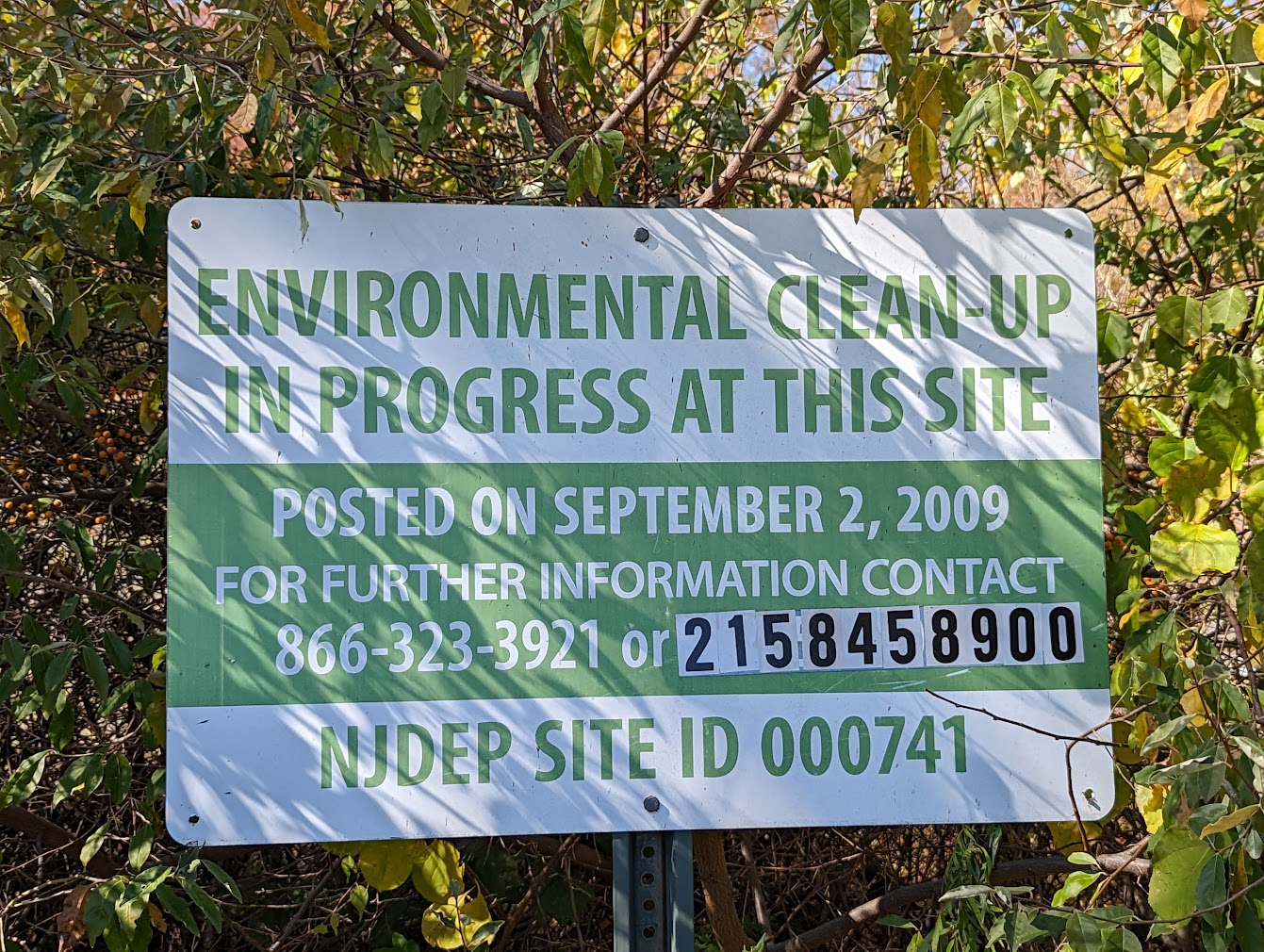
Hercules site entrance
RHA Takes Action to Document and Amplify Community Concerns
Recognizing the scale and potential impacts of this remediation, RHA went door-to-door in surrounding neighborhoods to listen to residents and record their concerns. From this initiative, we found an overwhelming public interest in the cleanup and a compelling need for close oversight of the project.
RHA then brought these concerns to the parties responsible for the site and asked for increased transparency. Initially, they demonstrated a reluctance to answer questions. Undeterred, RHA continued to advocate for openness and for the sharing of information that might alleviate concerns. In response, Hercules created a public website about the remediation. While this is a positive step, the public deserves more—specifically, an opportunity for direct dialogue with the site owner. RHA continues to urge Hercules to hold in-person meetings with community members for the purpose of listening to residents’ concerns and answering their questions in real time. Such outreach efforts are essential for achieving transparency throughout the cleanup process.
In addition to promoting open communication, RHA is pursuing improved accountability for the cleanup work. This goal led us to secure a $10,000 technical assistance grant through the Department of Environmental Protection (DEP) Site Remediation Program. With this grant, RHA has enlisted the services of an independent Licensed Site Remediation Professional (LSRP). The expertise of the LSRP is invaluable as we carefully review documents, develop testimony, advocate on behalf of the community, and continue to push for greater scrutiny and oversight of the cleanup process.
Protecting Water Is at the Heart of Our Mission
Since its inception in 1959, RHA has focused on protecting water throughout the watershed, and today we remain vigilant in the face of environmental threats to the communities we serve.
The Hercules site’s proximity to public and private drinking water wells, area wetlands, and the Black River headwaters makes safeguarding these resources a high priority. As site remediation proceeds, RHA will continue to advocate for DEP oversight, public disclosure of contamination risks, and active community participation in the process. Using the DEP’s technical assistance grant, we will work tirelessly to ensure the best possible outcome for our community and the protection of our shared environment.
You can help us demand a comprehensive, transparent cleanup of the Hercules site in these ways:
· Stay Informed: Follow progress on the Hercules remediation.
· Get Involved: Attend public hearings and meetings and speak out on this issue.
· Support Our Efforts: Help us continue this critical work by making a donation and becoming a volunteer.

